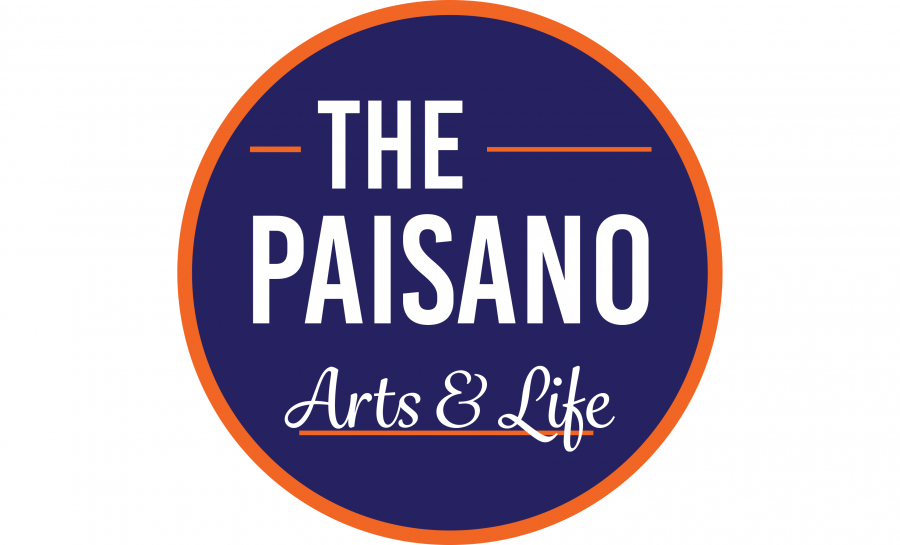While there are several varying reports on the success of retailers’ Black Friday efforts this year, the increase of retail shopping days has expanded, forcing some store employees to work nine hour shifts and taking consumers away from the Thanksgiving table with the lure of savings on products in high demand.
In years past, many consumers dragged themselves out of bed early Friday morning for Black Friday “doorbusters” that drew crowds to retailers’ doors hours before opening. This year, retailers like Sears, Wal-Mart and Target rolling out sales as early as 8 p.m. Shoppers found themselves waiting in lines as early as Thursday night, with turkey and stuffing still digesting. According to the National Retail Federation, there was almost a 21 percent increase in the number of people making visits to stores or web sites on Thanksgiving Day in the United States,.
“The early promotions and early openings on Thursday drew some of the sales that would normally land on Friday into Thursday,” said Bill Martin, founder of retail technology company ShopperTrak. “What we’re going to start looking at is the ‘Black Weekend,’ a four-day weekend.”
This idea of a “Black Weekend” is undoubtedly a growing idea in the holiday shopping arena. According to a New York Times Report, “Thanksgiving is now added to a packed schedule of Black Friday, Small Business Saturday, Cyber Monday, Mobile Tuesday and on and on.”
A report from ShopperTrak estimated that consumers spent $11.2 billion at stores across the U.S. This early rollout undoubtedly cut into Black Friday’s bottom line, which, according to ShopperTrak is “down 1.8 percent from last year’s total.”
The Huffington Post stated, “Online shopping also may have cut into (Black Friday’s) take at brick-and-mortar stores.” IBM, which tracks e-commerce transactions from 500 retailers, reported that online sales rose 17.4 percent on Thanksgiving and 20.7 percent on Black Friday, compared to sales from 2011.
While these extensions of the retail D-Day inevitably deplete Friday’s numbers, over the Thanksgiving weekend, the National Retail Federation said shoppers increased their average spending from $398 in 2011 to $423 in 2012.
Many shoppers have mixed emotions about Black Friday and its expansion into Thursday evening. Sophomore psychology major Maria Hansen opted to stay in and shop online in order to avoid the intense retail crowds. The concept of cyber Monday has grown in popularity as consumers aim to avoid the crowds while still saving money. In 2010, Cyber Monday became the largest online sales day of the year for the first time. According to an IBM Benchmark report, the trend continued this year as sales increased by 33%, and 80% of retailers offered online promotions. Small business Saturday has also grown in popularity with over 500,000 U.S. businesses participating in the shopping event.






